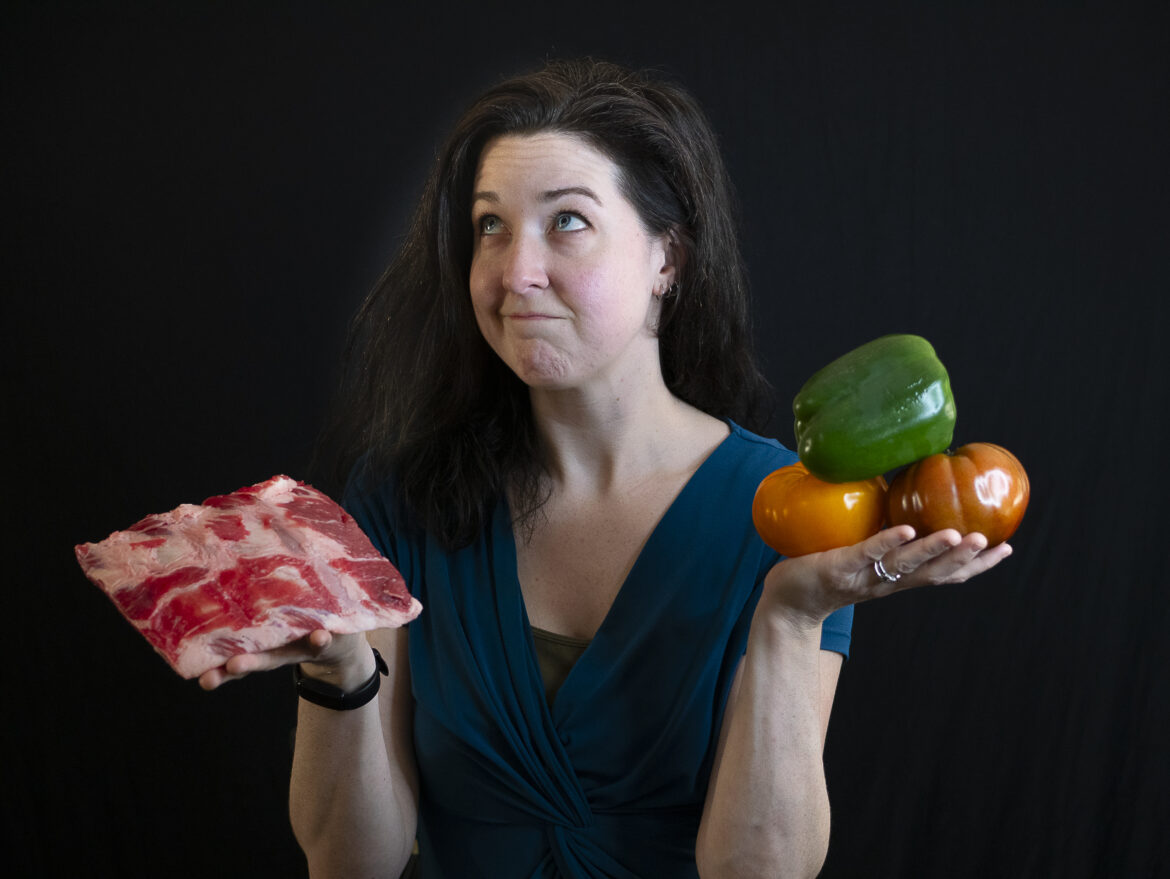A vegan diet may seem like the most efficient way to have the greatest positive impact on the environment, but there is a hidden cost to a total plant diet many are unaware of.
Humans have had an omnivorous diet for about 2.6 million years, predating Homo Sapiens, according to National Geographic, meaning our bodies have evolved to need a diverse diet to stay healthy.
This is not to say that vegans can’t achieve a healthy diet. Eating a diverse array of fruits, vegetables, and grains and using modern transportation methods has never been easier.
But this necessary diversity comes at a cost.
According to Our World In Data, highly perishable foods such as asparagus, green beans and berries need to be air freighted when not in season, creating 500 tons of CO2 per metric ton of weight per mile.
To put this into perspective, transporting one ton of asparagus from the world’s top exporter, Peru, directly to Los Angeles releases more than 2 million tons of CO2 into the atmosphere. And Peru is a relatively close country—most green beans are exported from France and Morocco.
Carbon emissions are not the only problem concerning vegan food imports, lack of oversight and regulation from exporters create humanitarian crises.
According to The Guardian, avocado farming has caused drought in certain parts of Chile. The plantations, which need vast amounts of water to grow their crops, contain illegal pipes and wells to divert water from the population to the avocado fields and Chileans often resort to contaminated water delivered by truck.
According to Nichole Tichenor Blackstone, professor of nutrition science and policy at Tufts University, forced labor is an often overlooked effect of our food consumption. She looked at all of the fruits and vegetables consumed in the United States, including those grown domestically and assessed the possibility of forced labor, and found that 85 percent of plant-based foods had a high risk of forced labor somewhere in the supply chain while 7 percent had a very high risk.
This should not be interpreted as an attack on broccoli but to demonstrate that a vegan diet is not without its own unintended consequences, like all diets.
The term “carbon footprint” was first popularized by oil giant BP (British Petroleum) to deflect blame for the climate crisis onto the individual, according to Scientific American. They explain that this shift in blame means that more impactful solutions, such as a carbon tax, which would hurt BP and other industries’ profits are less likely to be passed.
So what can be done?
Instead of pointing a finger at the omnivores of the world, like the corporate polluters want, point it back at them. People generally do not like being told what to do, especially such a drastic lifestyle change as adopting a vegan diet. Convincing people to eat less meat is less likely to elicit a negative response. But be aware that real, positive environmental change will come from legislation, not the individual.




